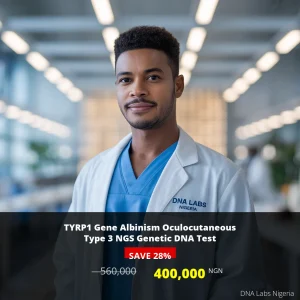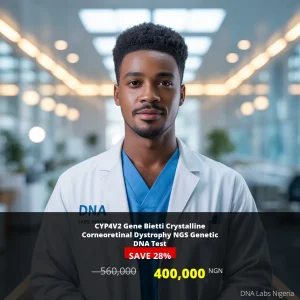AR Gene Hypospadias Type 1 Xlinked NGS Genetic DNA Test
Introduction
The AR Gene Hypospadias Type 1 Xlinked NGS Genetic DNA Test is a vital diagnostic tool that identifies genetic predispositions linked to hypospadias, a congenital condition where the urethra does not open at the tip of the penis. This test employs Next Generation Sequencing (NGS) technology to analyze genetic variations, providing crucial insights for affected families.
What the Test Measures
This test specifically measures the presence of mutations in the AR gene associated with Type 1 Hypospadias. By detecting these genetic markers, healthcare providers can better understand the underlying causes of this condition and formulate appropriate management strategies.
Who Should Consider This Test
Parents with a family history of hypospadias or those who have had previous children with the condition should consider this test. Symptoms that may warrant testing include:
- Presence of hypospadias in newborns
- Family history of reproductive disorders
- Concerns regarding genetic conditions affecting male offspring
Benefits of Taking the Test
Taking the AR Gene Hypospadias Type 1 Xlinked NGS Genetic DNA Test offers several benefits:
- Early diagnosis of genetic causes of hypospadias
- Informed family planning and management options
- Guidance for potential treatments and interventions
- Access to genetic counseling for affected families
Understanding Your Results
Once the test is completed, results will be provided within 3 to 4 weeks. A genetic counselor will help interpret the results, explaining the implications of any detected mutations and discussing potential next steps for management and treatment.
Test Pricing
| Test Name | Discount Price (NGN) | Regular Price (NGN) |
|---|---|---|
| AR Gene Hypospadias Type 1 Xlinked NGS Genetic DNA Test | 400,000 | 560,000 |
Book the Test
To take the AR Gene Hypospadias Type 1 Xlinked NGS Genetic DNA Test, please contact us at +2348110567037 or visit our website to book your appointment today. Ensure you have a clinical history and consider a genetic counseling session before testing.







